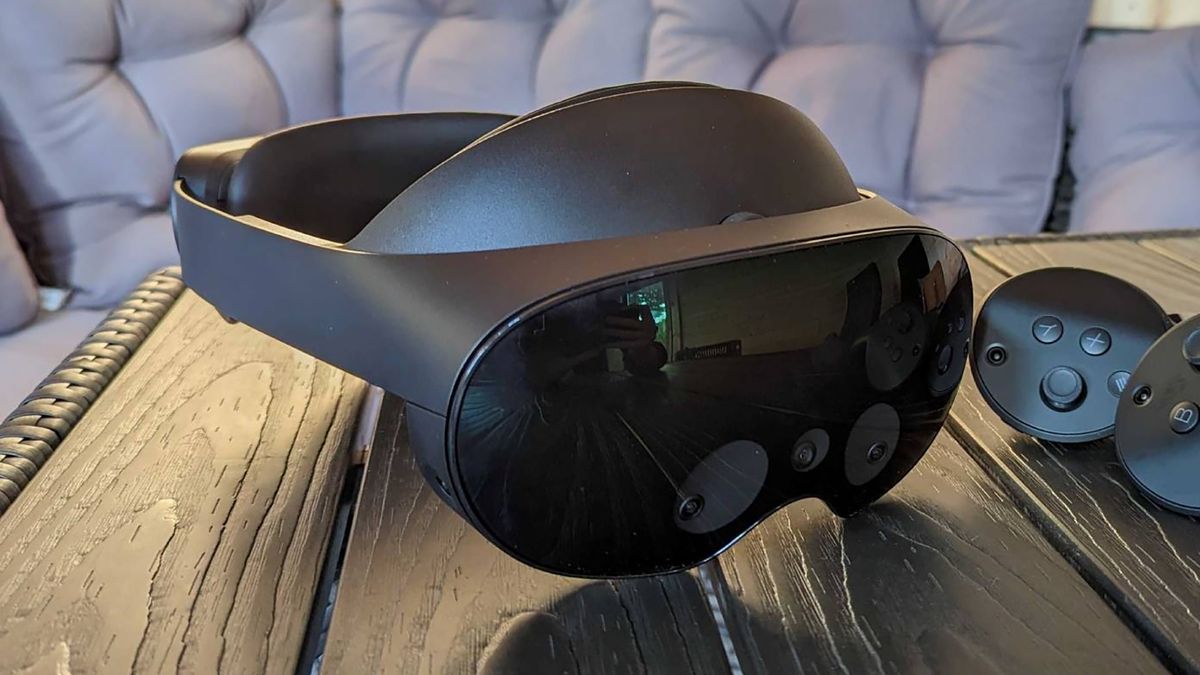Meta is rumored to have canceled its next high-end VR headset – and the Vision Pro could be to blame

It would seem Meta has decided to cancel a high-end mixed reality headset it had in the pipeline – quite possibly the successor to the Meta Quest Pro – due in part to the lukewarm sales performance of the Apple Vision Pro.
This is according to Meta insiders speaking to The Information (via The Verge). It was previously thought that the device, which had an internal codename of La Jolla (a neighborhood in California), would be seeing the light of day in 2027.
Meta CTO Andrew Bosworth has posted about the report, saying that the company has “many prototypes in development at all times” and that decisions like this are common. “We move forward with some, we pass on others,” Bosworth said.
From that, it seems Meta is still committed to virtual reality, augmented reality, and mixed reality devices generally speaking – and indeed we’re expecting to see another reasonably affordable headset launch next month in the form of the Meta Quest 3S.
Cost cutting
Part of the reason for the cancelation, based on the report in The Information, is that the headset was using expensive micro-OLED displays – making it very difficult to hit the goal of a price point below $1,000 (that’s about £755 / AU$1,470).
However, it also seems that consumer reaction to the $3,499 / £3,499 / AU$5,999 Vision Pro also played a part in the decision. Even the people buying Apple‘s headset are often returning it, and there have been reports that Vision Pro 2 development has been paused.
The device in question may be the Meta Quest Pro 2: it’s a piece of hardware we haven’t heard that much about, but the talk had been that LG could have been involved in making its OLED screens. The La Jolla codename has turned up in rumors before, too.
Something else factoring into the decision may have been the lack of success of the $999.99 / £999.99 / AU$1,729.99 Meta Quest Pro – at least compared to the cheaper Meta Quest 3, which has found a sizable number of fans.
You might also like
Source: www.techradar.com






